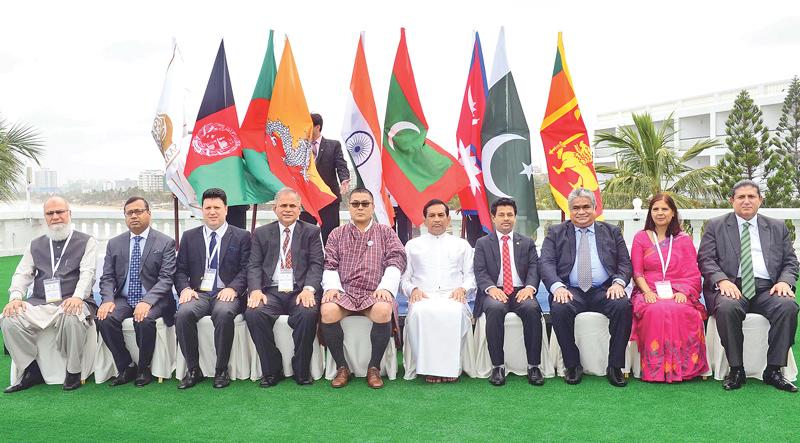
Sri Lanka is prepared to give leadership to set up the proposed SAARC Medical College, Minister of Health, Nutrition and Indigenous Medicine Rajitha Senaratne told the sixth SAARC Health Ministers meeting at the Mount Lavinia Hotel yesterday.
He said, the South Asian countries have to face a number of problems which were discussed at the senior officials meeting and solutions were recommended.
Over 1.5 billion people live in the South Asian countries and India, Pakistan and Bangladesh topped the list. Among the grave problems impacting these countries are non-communicable diseases, malnutrition and tuberculosis.
Around 32% of the population have fallen victim to tuberculosis, while 3.1 million bear the brunt of the disease.
The World Health Organisation has declared Sri Lanka and the Maldives free from Malaria while the fact remains that migrants have become vectors of various diseases in the region. To change the prevailing situation, in the South Asian region it has been found important to upgrade education, health and safeguard womens’ rights. Despite the drop in the number of communicable diseases, measures have to be adopted by the countries to control the increasing number of non-communicable diseases.
Sri Lanka has on its own devised a special methodology to minimise the spread of non-communicable diseases.
“This time it is incumbent on us to take several important decisions to upgrade our health services having identified challenges, obstacles and the like which have a direct bearing on the south Asian region,” the Minister said.
SAARC Health Ministers, SAARC Secretary General Amjard B. Niyal, Deputy Health Minister Faisal Cassim, Health Ministry Secretary Janaka Sugathadasa, Director General of Health Dr. Jayasundera Bandara and several High Commissioners, diplomats, doctors and health ministry officials were present.
